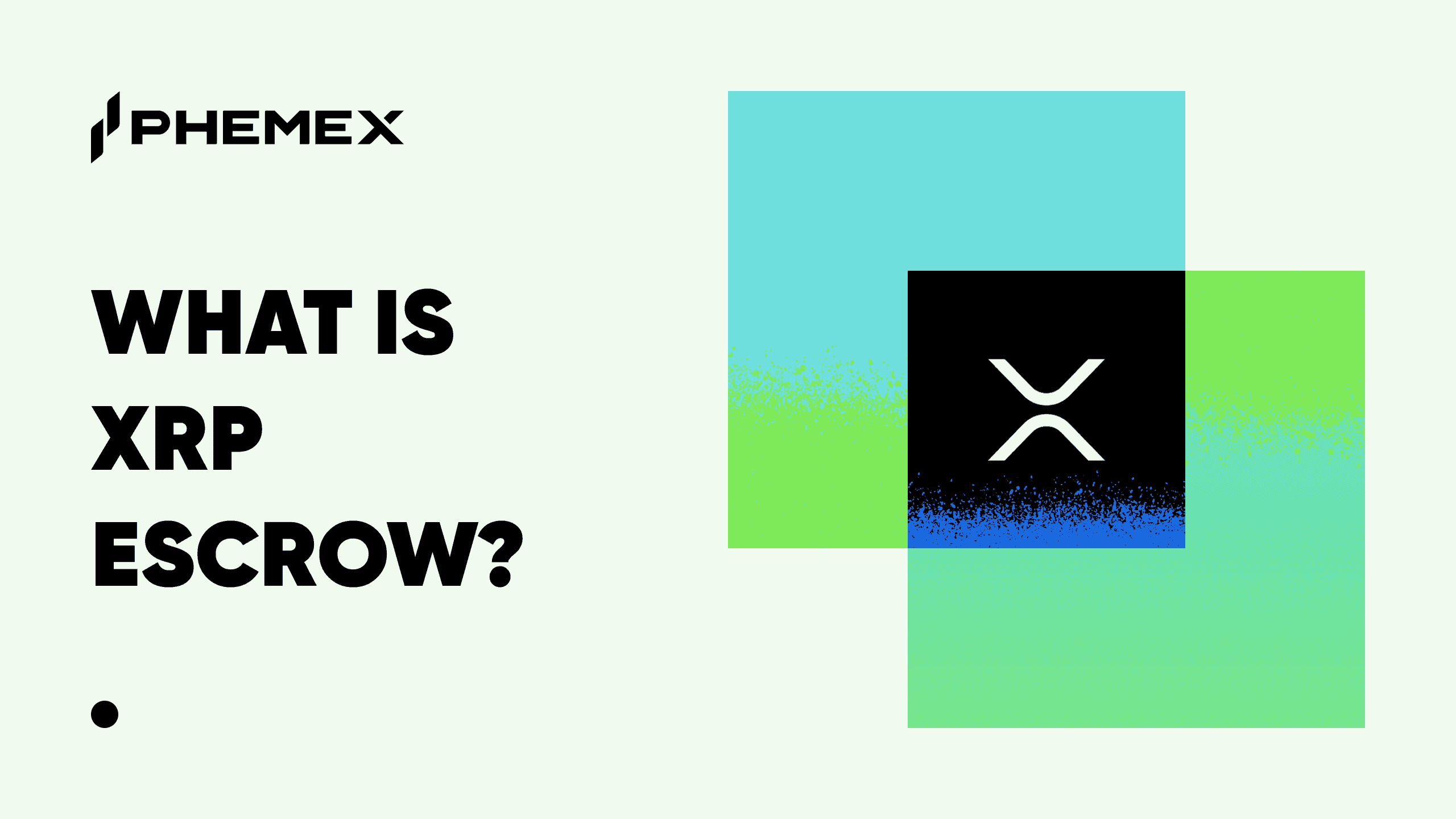There are thousands of different types of cryptocurrencies, and a majority of them were only just created in the past year. Because there are so many cryptocurrencies with different functions and use cases, it’s hard to break them down and understand which ones are important, applicable to which areas, and which ones are truly the breakthroughs and not just phonies.

How Many Cryptocurrencies Are There?
There are approximately 6,000 cryptos as of 2021, and some estimates say the number may be as high as 10,000. Since the process to create cryptocurrencies is open, it’s relatively easy to make one. However, despite there being so many different cryptocurrencies, the top 20 cryptocurrencies make up nearly 90% of the total market.

The most popular cryptocurrencies include Bitcoin (BTC), Ethereum (ETH), Cardano (ADA), Tether (USDT), Ripple (XRP), Solana (SOL), Polkadot (DOT), and Dogecoin (DOGE). Interestingly, all these cryptocurrencies are different and unique in nature and function.
Types of Cryptocurrencies Defined by The Industry
To better understand and identify cryptocurrencies, industry analysts and writers, crypto exchanges, news sites, and journalists have been attempting to segment the different types of cryptocurrencies into simpler categories. But at the end of the day, how many different types of cryptocurrency there are depends on the framing.
Examples of different types of cryptocurrencies
For example, you can say that there are two types of cryptocurrencies, coins and tokens. However, others may say there are three types: Bitcoin, altcoins, and tokens. Moreover, you’ll find people separating them into Proof of Work (PoW), Proof of Stake, tokens, and stablecoins. In addition, exchanges have tried to classify them into use cases. For example, they’ll say there are payment cryptocurrencies, infrastructure cryptocurrencies, financial cryptocurrencies, service cryptocurrencies, or media and entertainment cryptocurrencies. So at the end of the day, there’s no absolute right or wrong argument, but defining the different types of cryptocurrencies should be as inclusive and extensive as possible.
Below is a summary framing for how different sources are categorizing cryptocurrency types. Some are more simple, but others are more detailed.
| Framing 1 | Framing 2 | Framing 3 | Framing 4 | Framing 5 | Framing 6 | Framing 7 |
| Coins | Bitcoin | Proof of Work (PoW) | Privacy coins | Payment currencies | Payment cryptocurrencies | Store of Value Cryptocurrencies |
| Tokens | Altcoins | Proof of Stake (PoS) | Stablecoins | Blockchain economies | Infrastructure cryptocurrencies | Smart contract cryptocurrencies |
| Tokens | Tokens | Exchange tokens | Privacy coins | Financial cryptocurrencies | Oracle cryptocurrencies | |
| Stablecoins | Central Bank Digital Currencies (CBDCs) | Utility tokens | Service cryptocurrencies | Payment cryptocurrencies | ||
| Stablecoins | Media & entertainment cryptocurrencies | Privacy cryptocurrencies | ||||
| Exchange tokens | ||||||
| Meme coins |
13 Most Common Types of Cryptocurrency
Coins
A cryptocurrency coin is the native asset of a blockchain network that can be traded, utilized as a medium of exchange, and used as a store of value. Examples of cryptocurrency coins include Bitcoin (BTC) and Ether (ETH).
Tokens
Tokens share a compatibility with cryptocurrencies, but they in fact are a different digital asset class. Also, what separates tokens from cryptocurrencies is that tokens are built on an existing blockchain network. There are also certain categories of tokens like utility tokens, security tokens, exchange tokens, and non-fungible tokens. Token standards are used to create tokens, and the majority have been built on top of Ethereum. The most widely used token standards are ERC20, which allows for the creation of tokens that can interoperate within Ethereum’s ecosystem of dApps. However, there’s also ERC721 (for non-fungible tokens), and TRC20, etc.
What are the differences between Crypto Tokens and Coins?
Read Tokens vs. Coins to find out
Bitcoin (BTC)
Bitcoin was the first cryptocurrency to be created and it stands as the world’s biggest crypto by market cap. Bitcoin is a peer-to-peer electronic payment systems that allows parties to transact directly with each other without the need for an intermediary. However, besides this basic function, BTC has become one of the best performing investment assets on the market. This is because many people view Bitcoin as a reliable store of value option, even over gold.
In the chart below you can see just how dominant Bitcoin is, commanding well over half of the overall crypto market. For these reasons, people believe Bitcoin is here to stay, and that’s why people are approaching the asset as an investment they’re comfortable making. Despite being volatile, Bitcoin is still one of the most reliable cryptos on the market, and it has already garnered worldwide attention and popularity. That’s why people see it as a class of its own.

Altcoins
Bitcoin set the precedent for the creation of other cryptocurrencies and tokens, in other words, alternatives. Hence, coins other than Bitcoin are often referred to as “alternative coins” or “altcoins.” Bitcoin serves a specific purpose and function, however, altcoins are very diverse. For example, Ethereum is a popular “altcoin” and it obviously has different functions and many more capabilities compared to Bitcoin.
Proof of Work (PoW) Coins
Proof of Work coins are another framing of cryptocurrencies. Proof of Work coins, like its name suggests, are those created with the PoW consensus mechanism. PoW is a form of cryptographic zero-knowledge proof where one party proves to others that a certain amount of a specific computational effort has been expended. PoW cryptocurrencies include Bitcoin (BTC), Ethereum (ETH), Dogecoin (DOGE), Litecoin (LTC), Bitcoin Cash (BCH), Ethereum Classic (ETC), and Zcash (ZEC).
Proof of Stake (PoS) Coins
Proof of Stake cryptocurrencies are those cryptocurrencies created using PoS protocols, which are a class of consensus mechanisms for blockchains that work by selecting validators in proportion to their quantity of holdings (in the associated crypto). Similar to PoW, PoS is a type of consensus mechanism used by blockchain networks to achieve distributed consensus, and for example, requires users to stake ETH to become a validator. Ethereum is currently moving to this type of consensus mechanism as part of its Eth2 upgrades. Thus, when the process is complete, ETH will be a PoS coin and not a PoW crypto. PoS coins include Cardano (ADA), Algorand (ALGO), Cosmos (ATOM), Tron (TRX), Tezos (XTZ), and Eos (EOS).
Stablecoins
Stablecoins are cryptocurrencies created to provide a reliable form of value storage, as well as cryptocurrencies that are linked to an asset. Stablecoins are slightly different than coins and tokens, mainly because they’re built on existing blockchains but also may be exchanged for fiat currency (and are generally pegged 1:1 to fiat or another market reference). USDT and USDC are two good examples of stablecoins, however, there are many others.
The market cap of stablecoins multiplied over the course of 2021 and surpassed the $100 billion dollar mark this summer. In January 2021, the market cap was estimated to be around $30 billion dollars, however, estimates now on figures of the 10 largest stablecoins reveal that the market cap has more than tripled within five months.
Stability in the cryptocurrency markets is very crucial, therefore, stablecoins have a very important role to play in the world of decentralized finance or centralized decentralized finance. Stablecoins are also seen as the inspiration behind CBDCs.
Central Bank Digital Currencies (CBDCs)
CBDCs are virtual currencies created and issued by a central bank. CBDCs are types of digital currencies, but they’re not exactly cryptos. This is because they’re not decentralized and they’re not linked to fiat currency, but instead can be the fiat currency itself. Hence, they’re merely just digital forms of cash money issued by the same central bank.
Privacy Coins
Privacy coins are those digital assets and cryptocurrencies that focus on privacy. They claim to offer enhanced security features that help to keep users’ identities and activities private. In privacy coin transactions, only the parties to the transaction know the details of the transaction i.e., the number of coins transacted. Moreover, the public cannot see the balance in a privacy coin wallet address. Examples of privacy coins include Zcash (ZEC), Monero (XMR), Dash, and Horizen.
Meme Coins
Meme coins are types of cryptocurrencies based off of a meme and represented as having joke-like characteristics, and driven by popularity and fun. For example, Dogecoin (DOGE) and Shiba Inu (SHIB).
Payment Cryptocurrencies
Payment cryptocurrencies are those cryptos that aim to replace the current payment systems people use today, such as Visa, Mastercard, and the like. Sometimes creators of these cryptocurrencies use smart contract technology to do this. Essentially, payment cryptos provide another avenue to make and finalize transactions and remittances. Examples of payment cryptocurrencies include Bitcoin (BTC), Bitcoin Cash (BCH), Dai (DAI), DASH, Terra (LUNA), Dogecoin (DOGE), Litecoin (LTC), Monero (XMR), Nano (NANO), Ripple (XRP), Stellar (XLM), Tether (USDT), Zcash (ZEC) and Telcoin (TEL).
Store Of Value Cryptocurrencies
Store of value cryptocurrencies are cryptocurrencies designed to hold or even increase their purchasing power and value over time. Store of value cryptocurrencies are also those that do not lose their value, or in other words have deflationary characteristics. The primary cryptocurrency that we can define as a store of value crypto is Bitcoin (and potentially Litecoin). Unlike regular currencies that have an infinite supply and lose value to inflation, Bitcoin has a maximum supply of 21 million BTC. Store of value cryptocurrencies are positive because they are usually much safer investments compared to other cryptos and their price and value will likely increase over time.
Smart Contract Cryptocurrencies
Smart contract cryptocurrencies are those that are designed to be programmable. They also place less emphasis on storing value. Smart contracts can also create different types of cryptocurrency tokens, which can either be fungible or non-fungible. The primary smart contract cryptocurrency blockchains are Ethereum and BSC. Unlike store of value cryptocurrencies, smart contract cryptos get their value from their utility as a payment for smart contract and dApp transactions. Examples of smart contract cryptocurrencies include ETH and BNB.
Conclusion
Just like the huge number of cryptocurrencies, there are many different types and forms of cryptocurrencies, such as coins, tokens, altcoins, stablecoins, etc. The best way to approach and understand the different cryptocurrency types is by separating them by function, purpose, and how and on which platform or blockchain they were created on. Doing this will help you find potential coins and tokens to invest in as well as gain a more nuanced understanding of the different functions and potential value added that the different coins and tokens could bring.







